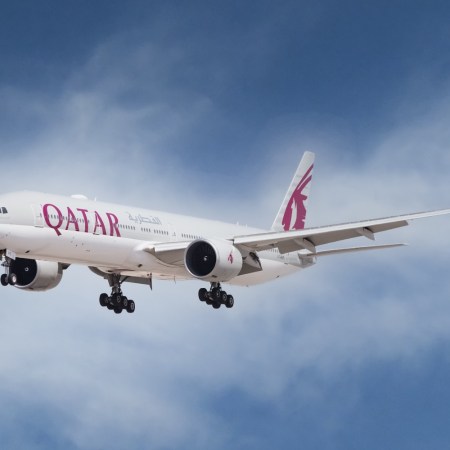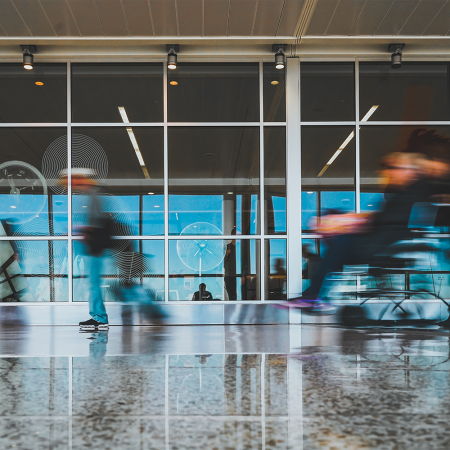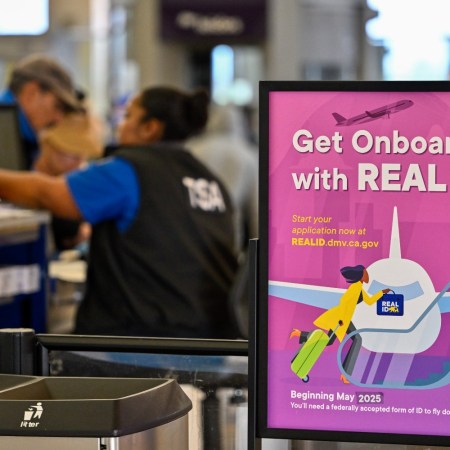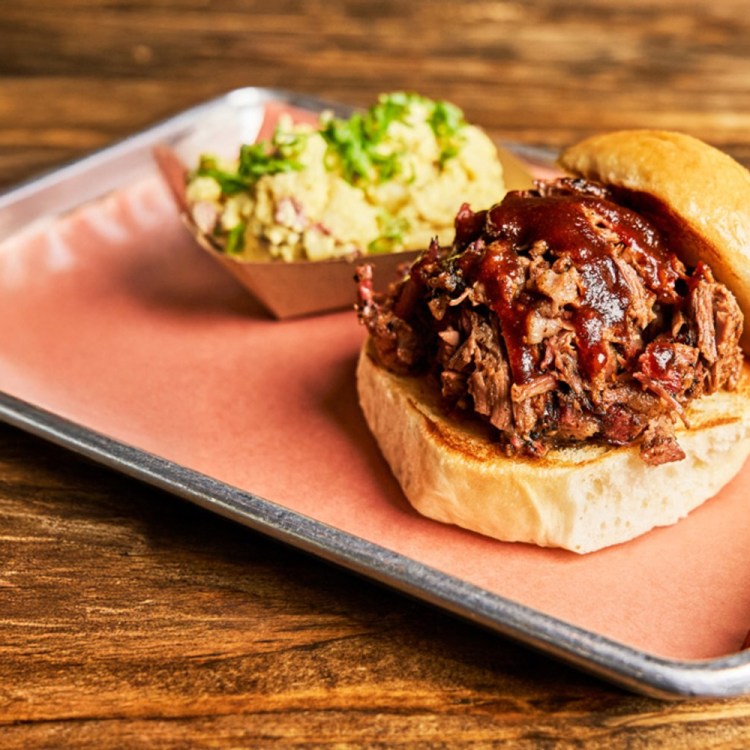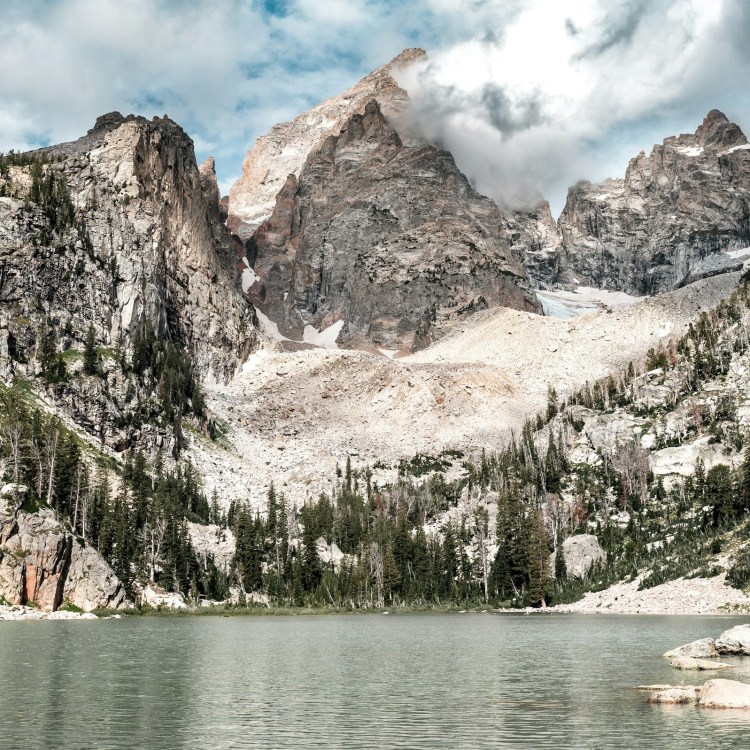Hey, we’ve been there.
At JFK, in February, hoping and praying that our flight wouldn’t be cancelled, despite the snow on the actual horizon, despite the fact that the departures board was taking on an alarmingly orange glow: too many CANCELEDs, too few BOARDINGs.
And there’s a special level of vacation anxiety for those on a short getaway: book a four-day trip to the Caribbean — say, Friday morning through Monday night — and the snow rolls in. The airport’s shut all day Friday. All the flights to your Island of Choice are booked on Saturday. Even acting conscientiously, it might be that the airline can’t get you there until Sunday night — for a turnaround back home less than 24 hours later.
A debacle.
So consider a few things:
1: Sh*t happens. Better canceled than crashed. If you’re fleeing south to escape the snow, and the snow prevents your departure … well, at least it all makes a certain kind of sense. This time, the snow wins.
2: Snow, at least for the time being, does not pop up out of nowhere. East Coasters can watch storm systems travel the entirety of the country before touching down at IAD. Airlines genuinely want to minimize travel disruptions, and many will now let you push travel back or forwards to get out of a storm’s path. The cost of an extra night’s stay at a place near the airport might mean the difference between extra-long trip and no trip.
3: You’re less likely to mind losing 24 hours of your trip if your trip is 10 days long, rather than three. Americans take a terribly small percentage of our available vacation days. Use them up.
4: You’ll often have a better chance of rebooking on a big airline than a regional one, which by definition are more sensitive to regional travel problems. If your Small Regional Airline offers one flight every two days to your destination, that could be a problem. If Major American Carrier offers three daily, plus connections from a half-dozen other cities, you might luck out.
5: Travel insurance, in our experience, is no panacea. But it can cushion the blow of unexpected expenses like hotel stays and food costs if stuck. Read every word of your policy to understand exclusions (hurricanes are a common one).
6: A small thing, but sometimes useful: most airlines now will automatically rebook you. More than once, we’ve gotten a text saying we’ve been rebooked, with all our new flight details, before we realized the original flight had been canceled. If that’s not the case, though, you’ll want to be at the front of the line to rebook, as open seats go fast. We hop on the first line we see, while calling the airline for faster service, on a number we’ve helpfully saved in our contacts prior to travel. And be sure that if you have status you have that number. The higher the status, the better the service, though that’s not always true — we’ve sometimes found, for example, that the Platinum hotline for American is longer than the general line. Go figure.
This article appeared in an InsideHook newsletter. Sign up for free to get more on travel, wellness, style, drinking, and culture.

